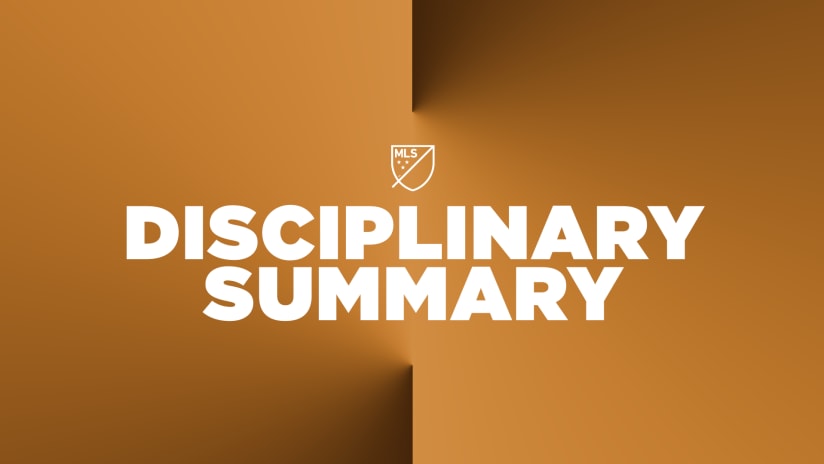As a player, offense helped Preki win two league Most Valuable Player awards, but defense propelled the first-year coach to walk away with another top honor.
After building Chivas USA on a defensive platform and guiding the third-year club through a successful 2007 regular season, Preki was named Major League Soccer's Coach of the Year.
The award marks the second consecutive year Chivas USA's coach has been honored as the league's top boss. A year ago, Bob Bradley was named 2006 Coach of the Year weeks before he left the club to take over at the U.S. national team.
Having spent the 2006 season as an assistant coach under Bradley was crucial to Preki and the club, players said.
"In the offseason when we were wondering who our coach was going to be, I always said that Preki would be the best fit because he knew our team and we didn't want to have another rebuilding-type year," midfielder Sacha Kljestan said. "He learned a lot under Bob who we all think is the best soccer mind in the country and really has everything figured out. It was good that he took a lot in from Bob and he took a lot in from the players."
Preki's team played an entertaining brand of soccer. Pundits across the country commonly pointed to Chivas USA as one of the more entertaining teams in the league. The club was strong defensively and built forward from the defensive effort players put forth in training and in games.
Chivas USA finished the season in first place atop the Western Conference table and allowed 28 goals this season, the second-fewest goals allowed in the league.
Still, as one of the league's all-time great offensive players, having a defense-first mentality seems strange to some.
"It does kind of go against what his role was as a player when he played, sort of an attacker and setting people up," defender Jonathan Bornstein said. "It's a good style for a team to have and it (showed) all year."
Preki finished his 10-year career with 79 goals and 112 assists. Preki picked up his first MVP award in 1997, when he scored 12 goals and added 17 assists. Preki finished fourth in the league in goals and second in assists, but won the league's scoring championship. In 2003, Preki won another MVP award and became the first player to win two MVPs, a distinction that still holds today. Curiously, Preki had the same goals and assists as he did in 1997. In 2003, Preki's 12 goals were tied for third but he led the league in assists by a wide margin.
But if offense is what players expected from Preki, they were mistaken.
"We (stressed) our defensive unit so much," Kljestan said. "We were like 'How are we going to be good in front of the goal if all we're doing is playing defense in practice?'"
The formula worked, though, as Chivas USA set a team record with 46 goals scored, which also led all Western Conference teams this season.
Still, Preki had an easier way of contributing offense when he was a player: take the ball and run.
"It was weird because everyone always says 'Preki never played defense in his day. Why has he become such a disciplined coach?'" Kljestan said. "I think he learned a lot from those Kansas City teams he played on when they were defense-first and Tony Meola had that unbelievable year and he only gave up (29) goals ... and they always had an amazing defense to let Preki do his magic up front."
Working the magic on Preki's first coaching assignment was one player he inherited and another he brought in. Ante Razov scored 12 goals and had his second consecutive double-digit goal season for Chivas USA. Preki brought in Maykel Galindo from USL-1 side Seattle and Galindo succeeded nearly from the start. Preki had said he wanted to find the right complement to Razov: a speedy forward with strong finishing skills, which is precisely what Galindo proved to be.
It's the sort of familiarity with the roster that helped Preki from the start.
"If it had been someone new, who knows who he would have brought in? Who knows if he would have known who the core group of guys are in this team was?" Bornstein said. "It helped us a lot that Preki was there (last) year. It was kind of a rebuilding year and this year we were kind of able to take off from what we did last year."
Aside from player personnel, Preki forged a strong mentality with the team and picked up where Bradley left off.
"The best thing that Preki had going for him and the best thing that he did with this team ... he really understood what the team needed to take the next step," midfielder Jesse Marsch said. "He understood it and tried to apply it and bring in the right guys and then create a mentality here that was a little bit stronger than the mentality we had last year."
As an assistant, players also became familiar with Preki on a personal level but with Bradley calling the shots it was difficult to gauge just how strong a leader Preki was. When he took over and became his own man, Preki's skills as a coach shined through just as they had when he laced up his boots for a decade in the league.
"You kind of get a feel for him but obviously and assistant coach and a head coach are two completely different positions," goalkeeper Brad Guzan said. "He's done a great job of stepping in and taking that leadership role of being a coach and taking this whole team and putting us in the right direction. For that, you've got to tip your hat to him."
Luis Bueno is a contributor to MLSnet.com. This story was not subject to the approval of Major League Soccer or its clubs.











